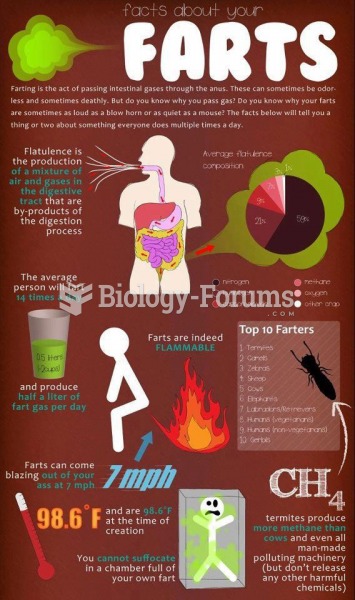Answer to Question 1
New York v. Quarles created what is known as the public safety exception to
Miranda. This exception declares that if giving the Miranda warnings to a suspect
before questioning him/her would endanger an officer or somebody nearby, the
officer can dispense with the warnings before interrogation can start.
The facts of the case are simple. A woman came up to two police officers and told
them she had been raped by a man carrying a gun who had just gone into a
supermarket nearby. One officer ran to the store and saw Quarles, who fit the
woman's description. This officer briefly lost sight of Quarles, then saw him again,
pulled his own gun and ordered Quarles to stop and put his hands over his head. The
officer then frisked Quarles and discovered an empty shoulder holster. After
handcuffing Quarles, the officer asked him where the gun was. Nodding to some
nearby cartons, Quarles said, the gun's over there.. Among the cartons, the officer
found a loaded revolver.
Answer to Question 2
The bright-line rule of Miranda v. Arizona arose because the Court felt custodial
interrogation is inherently coercive.. Why? First, because suspects are held in
strange surroundings where they are not free to leave or call for support from others.
Second, skilled police officers often use tricks, lies, and psychological pressure to
overpower the will of the suspects. Given these circumstances the Court felt that
strong measures were necessary to prevent involuntary confessions. These measures
resulted in the now well-known Miranda warnings.
Before police must give Miranda warnings to a suspect, two circumstances must be
present. First, the suspect must be in custody.. Second, the suspect must be subject to
interrogation..
Police don't have to give Miranda warnings when they question people who are not in
custody. This includes questioning people at crime scenes, questioning people before
they become suspects, and questioning people who are in Fourth Amendment stops.







